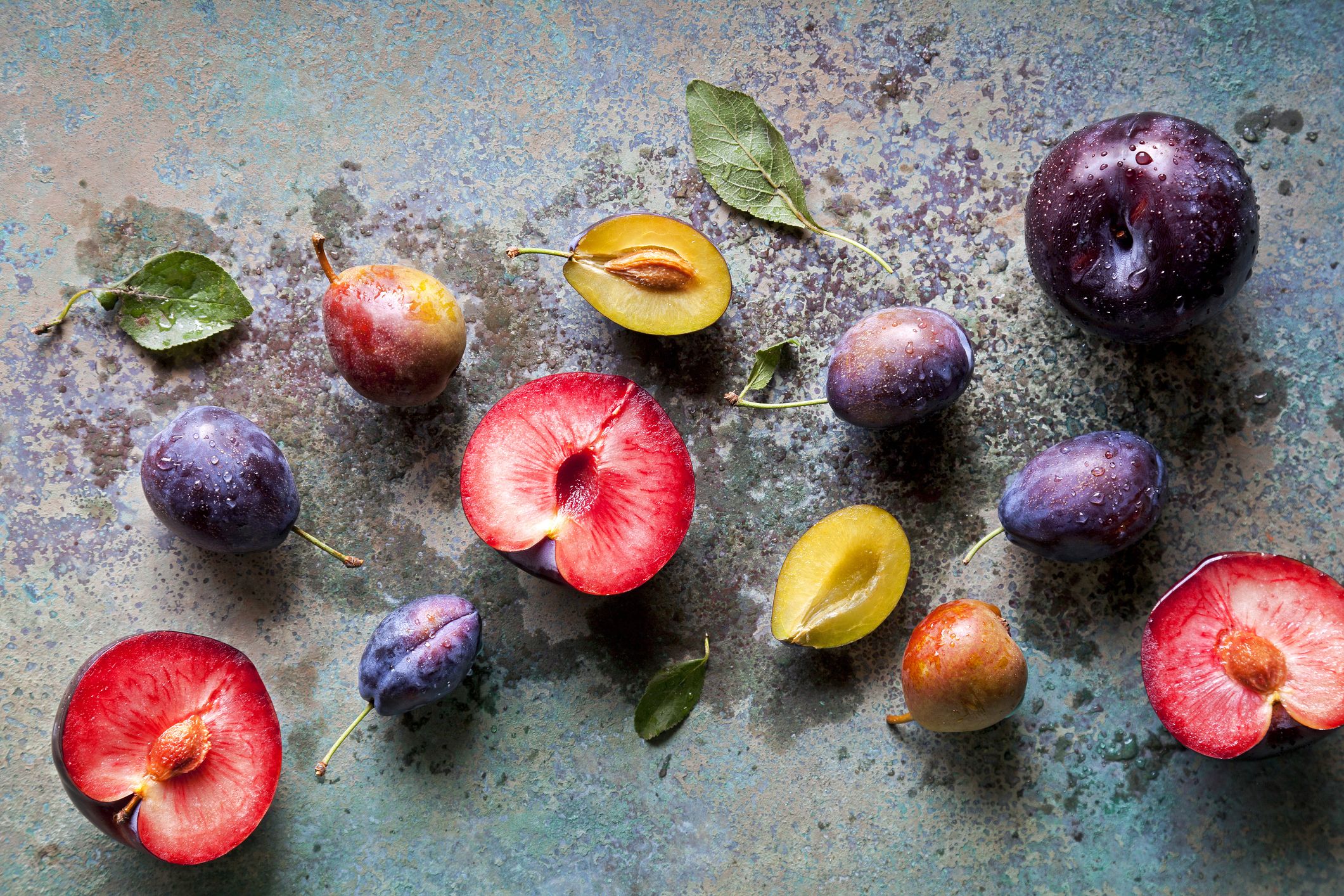
Fruit is the best food for a long and healthy life
Whether it’s a banana, orange or kiwi fruit, there’s a lot to be said for including more fruits in your diet. These tasty treats are high in vitamin C and potassium.
But it’s not just these nutrients that make them the best food for your body, they’re also packed with antioxidants and fiber. Plus, they’re also low in calories, which can help you control your weight and improve your health. Fildena 150 extra power is a medicine that has proven to be effective at curing ED.








